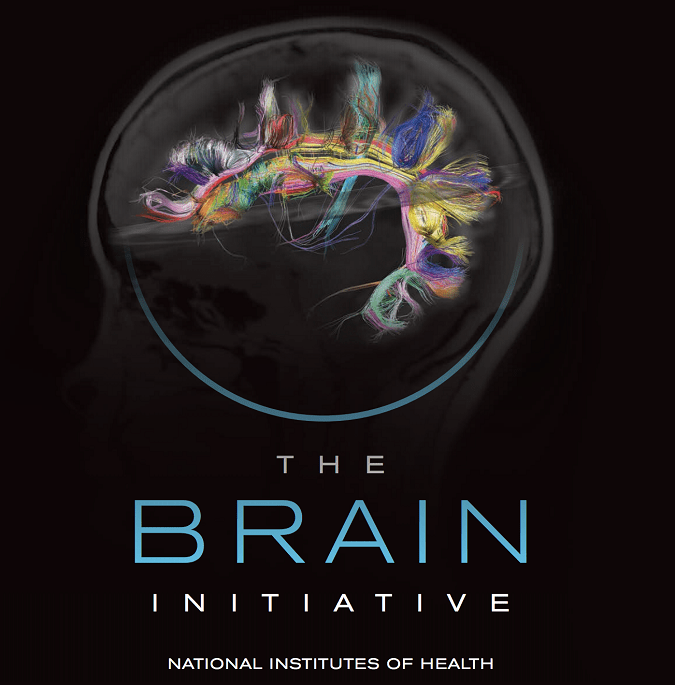The NIH starts spending $1.5 billion in new Brain Research through Advancing Innovative Neuro-technologies (BRAIN) projects
___
NIH Starts to Spend $4.8 Billion in “Extra” Cures Drug Research Money (P&T Community):
“The National Institutes of Health (NIH) launched 110 new brain research projects in the fiscal year ending last September (2017) with the first portion of the $1.5 billion over 10 years it will hopefully receive from the 21st Century Cures Act, which spread a total of $4.8 billion over four NIH programs. That is money over and above the NIH annual appropriation from Congress. The other three “Innovation Funds” are: Precision Medicine, Cancer Moonshot, and Regenerative Medicine.
The $1.5 billion in new Brain Research through Advancing Innovative Neuro-technologies (BRAIN) research money seems particularly important given the announcement in January that Pfizer was ending its Alzheimer’s research program after years of fruitless development efforts, which have plagued other companies as well…A prime example is the “All of Us” initiative, which is the primary focus of the Precision Medicine Initiative (PMI). While the FDA is using Cures money to aggregate patient post-marketing data, the NIH will be collecting patient data in order to learn about medical conditions and to assemble a critical mass of potential clinical trial participants. The NIH is partnering with five companies to create a participant technology center.
“Getting all these partners on board would have been nearly impossible had not the Cures Act included something called Other Transactions Authority for PMI, making it possible for NIH to move forward with unprecedented speed and flexibility to carry out beta testing of all the many components, and now a planned launch in the spring of 2018,” NIH Director Francis Collins, MD, PhD, told the House Energy and Commerce Committee on November 30, 2017. “It will also be a platform where many clinical trials can also get started because these participants will have been pre-consented for contact to see if they would be interested in taking part in a clinical trial, say, for diabetes or Alzheimer’s risks.”
News in Context
- NIH outlines global research agenda to tackle brain disorders–from cognitive impairments to depression and dementia
- With pharma exiting Alzheimer’s research, new hope (and urgency) seen in the combination of brain training and transcranial direct current stimulation (tDCS)
- 10 neurotechnologies about to transform brain enhancement and brain health
- Public Brain Health vs. Private Brain Research Funds: How the NFL tried to influence NIH studies
- Five reasons the future of brain enhancement is digital, pervasive and (hopefully) bright
- Session on the future of brain health at the 2017 SharpBrains Virtual Summit:



